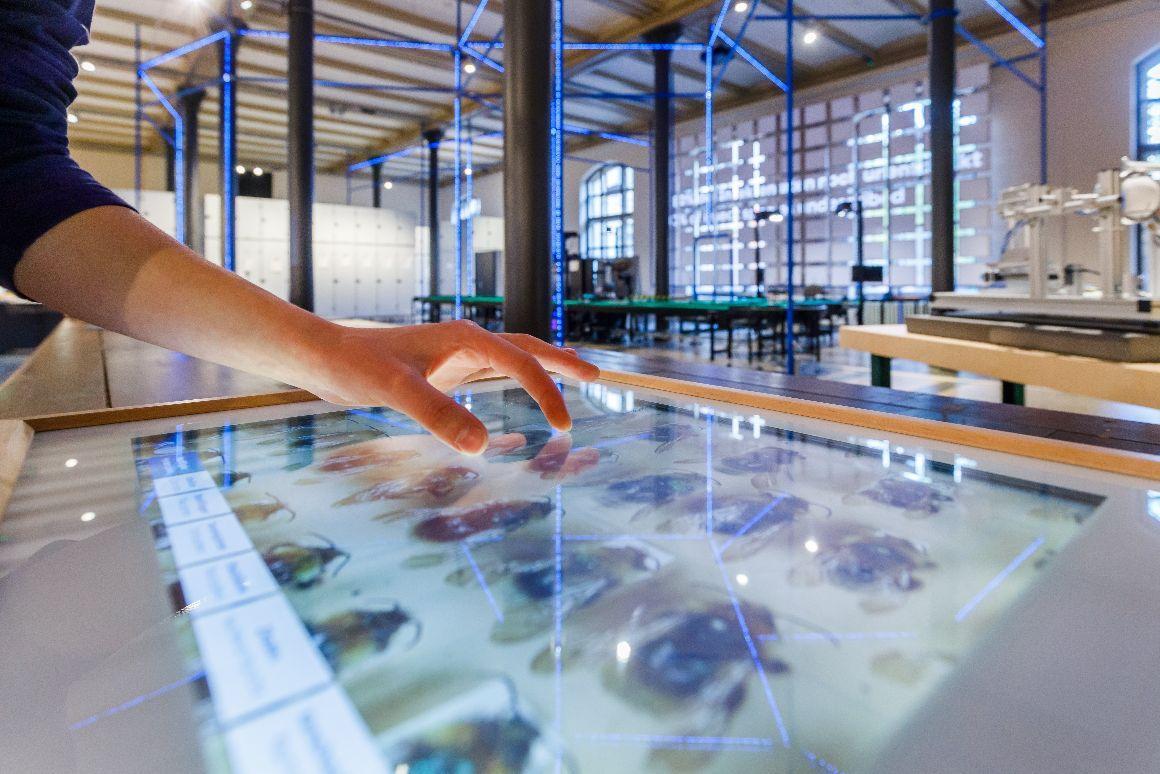WiNoDa - Knowledge lab for natural science collections and object-related data
Natural science collections hold a wealth of research data that can shed light on fundamental questions about Earth's history and the development of human civilization. The WiNoDa project (Knowledge Lab for Natural Science Collections and Object-Related Data) is creating a data competence center to support researchers in effectively utilizing these collections and advancing research in this domain.
WiNoDa's mission is to establish a data competence center for interdisciplinary research by offering data infrastructure and tailored learning resources. The WiNoDa Knowledge Lab provides extensive access to scientific collections and related data alongside specialized training to ensure researchers have the skills to evaluate and analyze these data. The project also fosters connections among researchers, small and medium-sized enterprises, and the broader public, promoting open science and public engagement.
The Museum für Naturkunde Berlin (MfN) contributes its extensive collection of over 30 million physical and digital objects as a critical data resource for the project. MfN is well-known for its strong networks in collection and data expertise, as well as for its rich history of engaging with the public. Additionally, the MfN has considerable experience in object-related research and research data management. Together with other partners (listed below), the MfN is developing content for data-driven research on objects and providing the infrastructure for events and activities. The MfN is responsible for coordinating the project partners and all related activities.
Project partners
- German Archaeological Institute
- GFBio – German Federation for Biological Data
- Head Office of the GBV Common Library Network
- Vernetzungs- und Kompetenzstelle Open Access Brandenburg (VuK), Fachhochschule Potsdam
- Zuse Institute Berlin (ZIB)
Project funding
The project WiNoDa is funded by the Federal Ministry of Research, Technology and Space (BMFTR) as part of the Research Data Action Plan.

